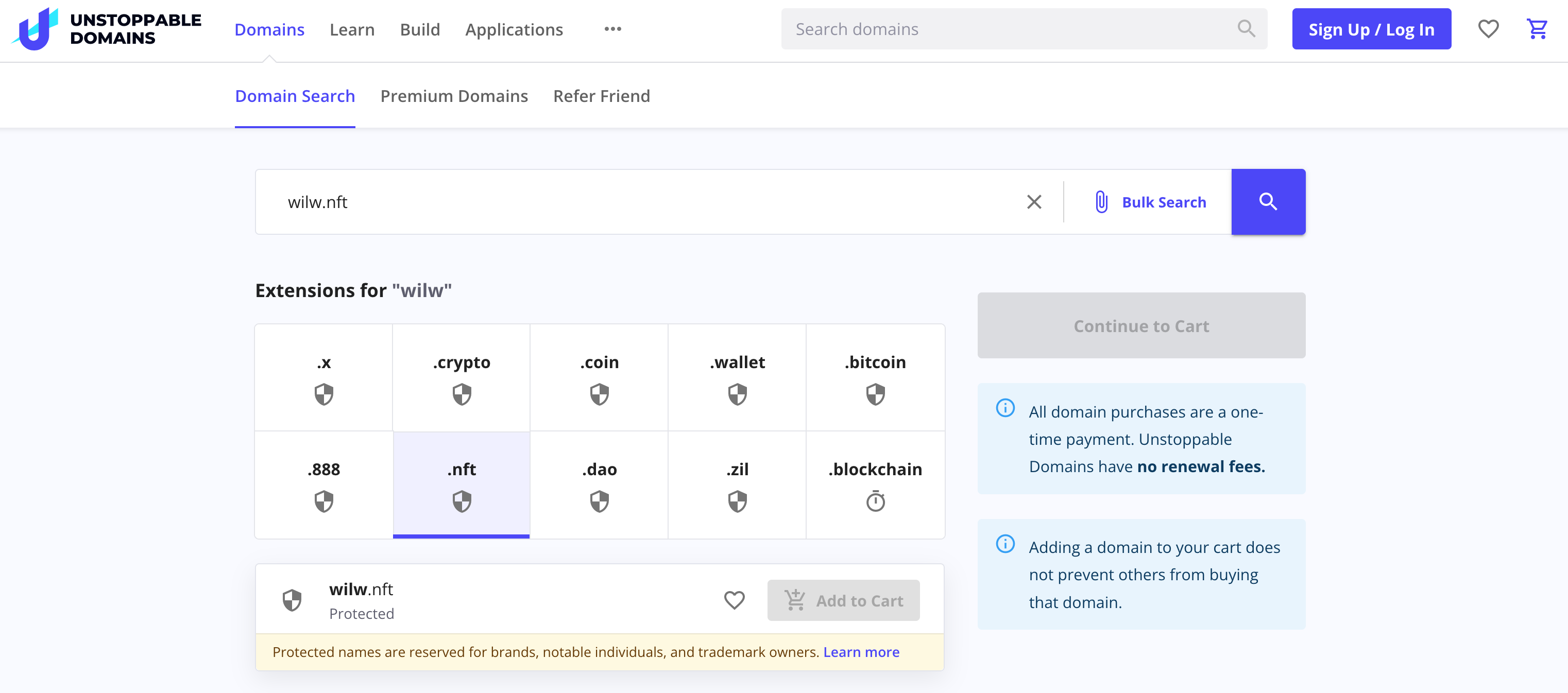I recently signed the web0 manifesto, which embodies many of the values I consider to be important when it comes to technology - and the web in particular.
web0 is the decentralised web… web0 is web3 without all the corporate right-libertarian Silicon Valley bullshit.
Essentially web0 is around empowering a decentralised web that:
- Is available and truly accessible to everyone;
- Minimises the barriers to entry for all;
- Enables people to own and control their own data (sovereignty);
- Enables people to move, remove, or modify their own data;
- Avoids the naturally-occurring centralisation when utilising big-tech services;
- … And therefore puts the web back in the control of individuals rather than a small number of huge companies.
In practice this could mean owning your own domain name and taking part by hosting a website or through getting involved in other communities, such as in the tildeverse. The key thing is that participants own and can control their own data and that things are accomplished without needing to rely on big-tech.
Otherwise, there are no clearly defined objectives specified in the manifesto, which in itself demonstrates the freedom in the values it is trying to promote. Furthermore, web0 is not in itself aiming to become a trend or a recognised movement - it is intended more as a guiding set of principles that rejects the use of some technologies in order to achieve its goals.
Decentralisation and web3
The fundamental principles behind web3 share some similarities with those exhibited by the ideas of web0. Notions such as removing the reliance on “big tech”, making tools accessible to all, and helping to facilitate the return of data ownership and control back to the individuals involved are certainly shared amongst the two movements.
And in terms of the underlying technology itself relevant to web3 - i.e. permissionless distributed blockchain and smart contracts - this is essentially achieved, too. The technologies are already well-proven in a number of fields - from finance and insurance through to legal and supply-chain, but their implementation as a core web technology still faces a number of issues. This “web3” aims to replace traditional web components (servers, databases, accounts, etc.) with blockchain-native concepts
The issues - rather than the technologies themselves (though these can be problematic too) - are part of the motivations for publishing the web0 manifesto, and are largely related to the way these tools are being leveraged, and the creep of financially powerful individuals and organisations into the space.
With early adopters and VCs understanding that by growing enthusiasm and intrigue in the world of web3 and crypto they can hugely maximise their return on investments, self-worth, and perceived positions in the crypto echelons, they naturally want to drive additional growth in mid-to-late adopters. It is a consequence that those towards the end of the “hype train” lose out by engaging at a time when the decentralised digital assets (and the transactions that power their creation and movement) have gained massively inflated prices.
Some still choose to engage at this time as they are convinced by the excitement (marketing?) and assume they will also be able to join in on the riches and reward so publicly flaunted by their peers and celebrities alike.
Trends such as including ENS (.eth) names in Twitter profiles and the use of NFT artwork as avatars and imagery across social platforms only serve to develop the hype. Some of these communities (“crypto bros”) even use toxicity to further their cause and will aggressively rebuke any motions made against crypto ethics - no matter how well founded the argument.
The upshot is that now most people are completely priced out of getting involved. .eth domains are a nice way of providing a basic public identity to your web3 interactions; compared to traditional DNS names they’re a bargain at $5/year, but given the gas fees (at the time of writing) mean you need to fork out hundreds of dollars worth of ETH just to complete the transactions required in order to own one, this doesn’t scream openness and accessibility.
NFT marketplaces have been hailed as a way to revolutionise art and to put the power in the hands of the creators. If this is the case, then that’s fantastic, but I worry about up-and-coming artists losing out financially when they realise that the fees they need to pay in order to transfer the work after a purchase may far exceed the sale price itself.
Many of these issues are related to the limitations of the blockchain technology currently most relevant to web3 - Ethereum. Various technical factors result in a limited transaction throughput, and with increased hype in the space, the demand (and thus cost) for computation on the network also increases. Of course, other technologies exist that try to solve these problems; Solana has lots of promise but still has some way to go in competing with Ethereum in terms of popularity. There have also been a few questions raised about Solana’s stability.
Of course, things may change a little when Ethereum’s proof-of-stake merge completes later this year, anyway. People with less disposable funds may then be able to participate, but asset prices and NFTs are unlikely to decrease because of this. Either way, the technical know-how required to set-up wallets and trade crypto assets presents intrinsic friction which, when combined with the fact that there’s essentially zero protection if passphrases or private keys are lost, presents alien concepts to new users.
web3 and web0 might both purport to be focussed on decentralisation and accessibility, but it is clear that there is a difference in the type of people that have the resources and capability to actively get involved in each.
How decentralised is web3, really?
Moxie Marlinspike‘s recent and excellent post on web3 highlighted several issues that hint at a couple of growing trends that essentially centralise web3 principles.
The first is that nearly all crypto wallets and dApps (decentralised apps, in which the blockchain is the database) interface with the blockchain through a handful of well-known providers, such as Infura or Alchemy.
The second is that these wallets also use the Opensea API for retrieving and displaying NFTs. This means that if Opensea chooses to delist your NFTs for any reason (as they did in Moxie’s post), then suddenly they cease to exist in wallets too - even if they continue to live as tokens on the chain itself. Like any other company, Opensea can make its own decisions about how it acts, and is also subject to external pressures (government, police and financial included) to act in different ways, which could have dramatic effects on the NFT economy.
As before, this has a greater impact on the creative industry, where the visual aspect of the tokens (and thus where and the way they are rendered) is more important than the technical effects of having the token in one’s wallet.
Both of these factors are antithesis to what web3 is supposed to - and what web0 certainly does - stand for. Suddenly people are back in the position of losing their data sovereignty to a small number of tech companies that are gathering increasingly more control over the ecosystem. If things continue down this route, as it surely will with more and more large companies becoming involved in the space - then it won’t be long until the blockchain component is completely forgotten and everything boils down to centralise around a handful of platforms running the whole show. Sound familiar?
Unstoppable Domains is another example of a VC-invested company getting in on the web3 action. They let you buy domains that sit as NFTs on the Polygon protocol (an Ethereum layer 2 solution). Whilst I certainly agree that domain squatting is bad practice, preventing people from purchasing domains because they happen to have a name similar to a “notable individual” is also an example of corporate control over the web3 ecosystem - no matter what the intention is.

I totally get that traditional DNS names can also be seized and controlled, but web3 companies should be pushing past these restrictions.
Apparently their support team has also admitted that their goal is “adoption” (i.e. higher sales) rather than “permissionless” (i.e. fully decentralised).
Whilst, of course, we shouldn’t necessarily be against companies trying to advocate for decentralisation, I think they just need to be wary about undermining the very world they are trying to build. Their priority is always their shareholders; not the general good.
Some closing thoughts
Whilst I back decentralisation and the accessibility and availability-to-all ideologies of web0 wholeheartedly, I appreciate that there could eventually be avenues for collaboration between the underlying concepts from both movements.
Some people say that web3 is still in its infancy. It’s hard to say how true this is when the technology itself has been in mainstream use for over a decade, but if there is hope for a dramatic reduction in the barrier-to-entry for this suite of technologies, and if the ethical and human issues can be resolved, then I can see some potential for a decentralised transfer of tokens and uniqueness of assets being useful in a web context.
For example, if a truly decentralised and permissionless asset system to represent user accounts can involve tokens being transferred and used anonymously between people-oriented services, and which doesn’t in itself exclude people based on position or financial capability, then I think that would be a positive outcome.
Either way, blockchain tech, digital assets, and the entire ecosystem is certainly not going anywhere, and the uses for these tools are expanding every day. Though until the issues around adaptation to the web and mainstream accessibility can be resolved then they may not yet be ready to form the foundations for a web that is truly available to all.
web0, on the other hand, is perfectly positioned as a concept powering an ecosystem that anyone and everyone can participate in. We’ve already seen a significant recent growth in the people and organisations adopting small web principles and I am excited to see how this can help form a healthy web for the future.
